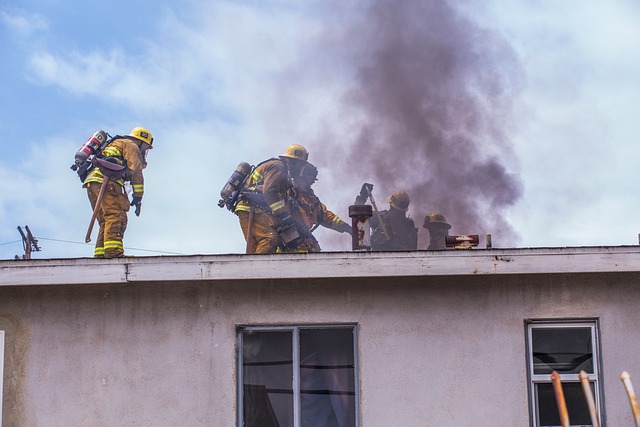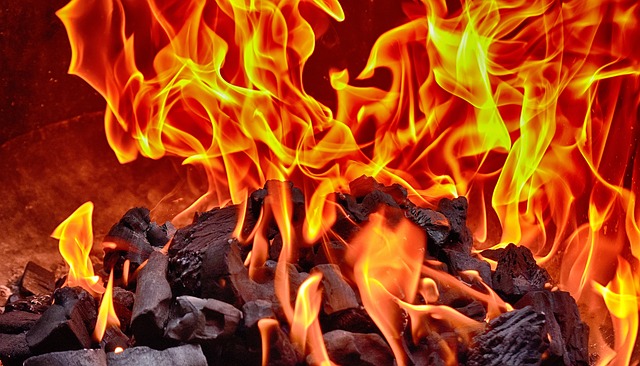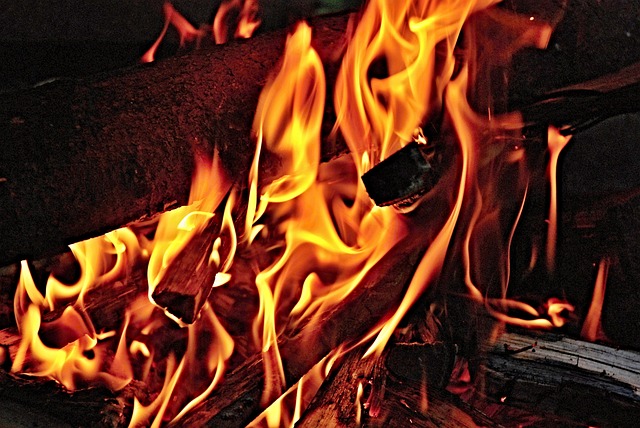Selling a fire-damaged house in California requires strict adherence to state laws that mandate comprehensive disclosures about any previous fires, their cause, extent of damage, and subsequent repairs. This transparency protects homebuyers by enabling them to make informed investment decisions and averts legal consequences for sellers. Failure to disclose known defects can lead to lawsuits and significant financial penalties. Therefore, sellers should meticulously inspect the property, document fire damage, understand disclosure requirements, prepare a detailed report, and provide it to potential buyers throughout the selling process.
“In California, real estate transactions are governed by stringent disclosure laws that protect buyers and ensure transparency. When it comes to selling a fire damaged house, these regulations become even more critical. This comprehensive guide explores California’s specific disclosure requirements for fire damage, clarifying what constitutes a mandatory disclosure and the legal obligations of sellers.
From understanding the legal implications of non-disclosure to providing a step-by-step process for compliant sales, this article equips homeowners with essential knowledge for navigating the complexities of selling a fire-affected property in California.”
- Understanding California's Disclosure Laws for Real Estate Transactions
- What Constitutes a Fire Damage Disclosure?
- Seller's Obligation to Reveal Fire-Related Information
- Legal Implications of Non-Disclosure in California
- Selling a Fire Damaged House: A Step-by-Step Guide to Compliance
Understanding California's Disclosure Laws for Real Estate Transactions

In California, real estate disclosure laws are stringent, particularly when it comes to selling a fire-damaged house. These regulations aim to protect homebuyers by ensuring they have all the necessary information about a property’s history and current state. When a home has been affected by fire damage, specific disclosures must be made during the sales process.
The California Civil Code requires sellers to disclose any known defects or material facts related to the property. In the case of a fire-damaged house, this includes details about the extent of the damage, the cause of the fire, and any ongoing repairs or remediation efforts. Failure to disclose such information could lead to legal repercussions for the seller, as buyers have the right to make informed decisions about their potential investment.
What Constitutes a Fire Damage Disclosure?

When selling a fire-damaged house in California, specific disclosure laws come into play to ensure transparency and protect buyers. A fire damage disclosure includes providing detailed information about any previous fires that have occurred on the property, their cause, extent of damage, and the steps taken for repair or mitigation. This means disclosing both structural and non-structural damages, such as charred walls, damaged flooring, or smoke-stained ceilings.
In California, sellers are obligated to reveal if there has been any significant fire-related incident that could impact a buyer’s decision. The disclosure should be comprehensive, outlining the date(s) of the fires, their source (e.g., kitchen, electrical issue), and whether professional restoration or remediation was conducted post-fire. This information empowers potential buyers to make informed choices and consider the potential costs of repairing or rebuilding affected areas.
Seller's Obligation to Reveal Fire-Related Information

When putting a fire-damaged property up for sale in California, sellers have a legal obligation to disclose relevant information about any previous fires and associated damage. This is crucial as it allows potential buyers to make informed decisions and protects them from unforeseen issues. In California, sellers must provide detailed accounts of any fire incidents, including the date, cause, extent of damage, and repairs made. This disclosure is typically done through a standard form provided by the state, ensuring all essential details are captured.
Failure to reveal such information could lead to legal repercussions for the seller, as it may be considered fraudulent or misleading. Buyers have rights, and these laws ensure transparency, especially when dealing with potentially costly repairs or structural issues related to fire damage. Therefore, selling a fire-damaged house in California requires thorough preparation and adherence to disclosure guidelines.
Legal Implications of Non-Disclosure in California

In California, the legal implications of non-disclosure regarding property conditions can have severe consequences for sellers and real estate agents. When selling a fire-damaged house, it’s crucial to understand that state laws mandate comprehensive disclosures about any material defects or potential hazards on the property. Non-compliance with these disclosure requirements can lead to significant legal repercussions.
If a seller fails to disclose known fire damage or associated risks, buyers may file lawsuits for misrepresentation and fraud. These legal actions can result in substantial financial awards, including damages for the buyer’s out-of-pocket expenses, lost profit, and emotional distress. Moreover, real estate agents who facilitate such non-disclosed transactions could also face license revocation and professional sanctions, emphasizing the importance of transparency in the selling process, especially when dealing with fire-damaged properties in California.
Selling a Fire Damaged House: A Step-by-Step Guide to Compliance

When it comes to selling a fire-damaged home in California, adhering to disclosure laws is paramount for a smooth transaction. Here’s a step-by-step guide designed specifically for this scenario.
First, conduct a thorough inspection of the property to identify all fire damage. Document every affected area with detailed photographs and notes. Next, review California’s specific disclosure requirements, which mandate that potential buyers be informed about any known hazards or defects on the property. In the case of fire damage, this includes disclosing the nature and extent of the harm, along with any ongoing remediation efforts. Prepare a comprehensive disclosure report, including all relevant information gathered during the inspection phase. Make this report readily available to prospective buyers, ensuring transparency throughout the selling process.
When selling a fire damaged house in California, adhering to strict disclosure laws is paramount. Understanding what constitutes fire damage and a seller’s obligation to reveal pertinent information is crucial to avoid legal implications. By following the step-by-step guide provided, you can ensure compliance, fostering transparency and peace of mind for all parties involved. Remember, open communication and accurate disclosures are key when navigating the sale of a fire-affected property in California.






